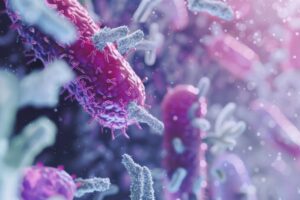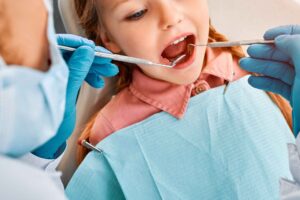Video, Events
Professor Ruggiero Francavilla, pediatric gastroenterologist at the Polyclinic of Bari (Italy), offers a preview of his upcoming talk at the 10th International Congress of Probiotics, Prebiotics, and Postbiotics in Pediatrics.
Industry
A unique partnership between Yakult and Nature Portfolio to build a global community of microbiome pioneers.
Gastroenterology
Region-specific microbial transplants may be safer and more effective than standard fecal microbiota transplants.
Oncology
Plant compounds and gut microbiota activity influence how cancer drugs work and should be considered in treatment.
Pediatrics
Professor Roberto Berni Canani, pediatrician at the University of Naples Federico II, previews the key topics he will present at the 10th International Congress of Probiotics, Prebiotics and Postbiotics in…
Dentistry
Tracking the oral microbiota can help identify ECC risk early and inform prevention strategies in children, even before visible signs of decay.
Endocrinology, Nutrition
AceCel is a promising way to help manage obesity by targeting gut bacteria and metabolism together.
Healthcare professionals area, Neuroscience
The science behind gut-brain communication and the role of intestinal integrity.
Healthcare professionals area, The Bold Column
What if in 2045 you could pay rent with microbes? Discover a future where microbial credits become the new currency.
Events, Pediatrics
Professor Flavia Indrio, President of the 10th International Congress on Probiotics, Prebiotics, and Postbiotics in Pediatrics, previews the key topics for the upcoming 2026 event in Lecce, April 16-18.











